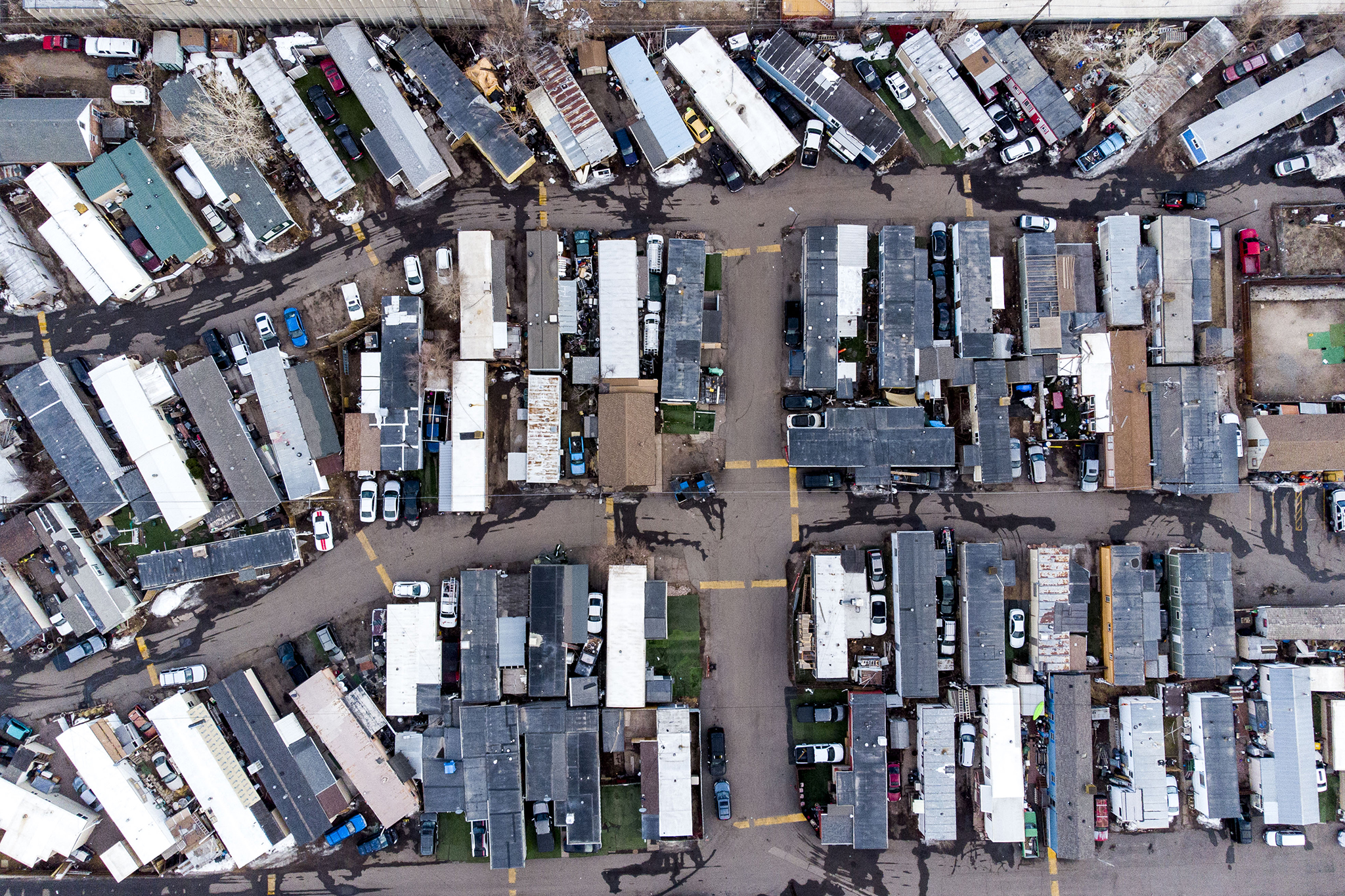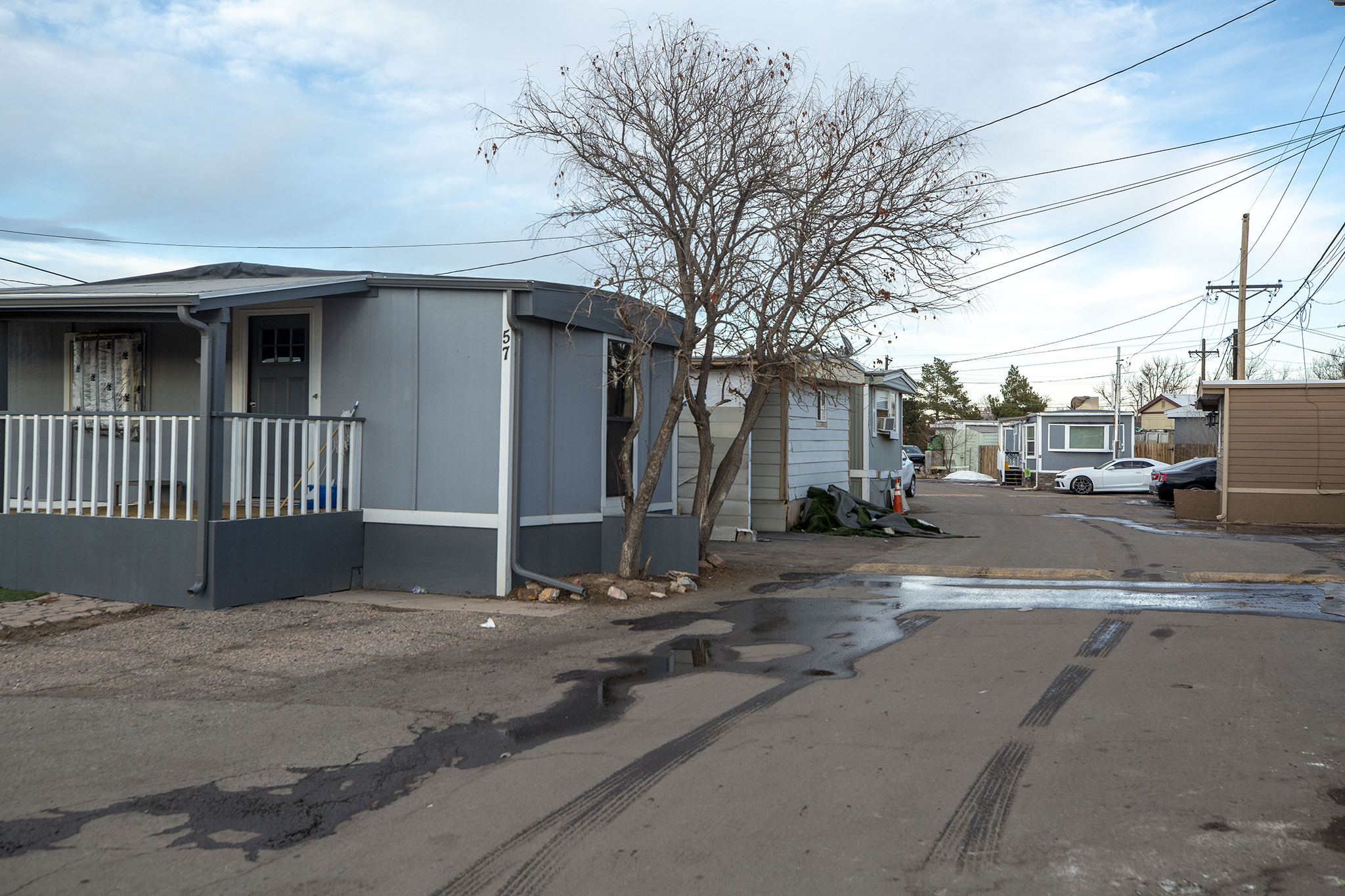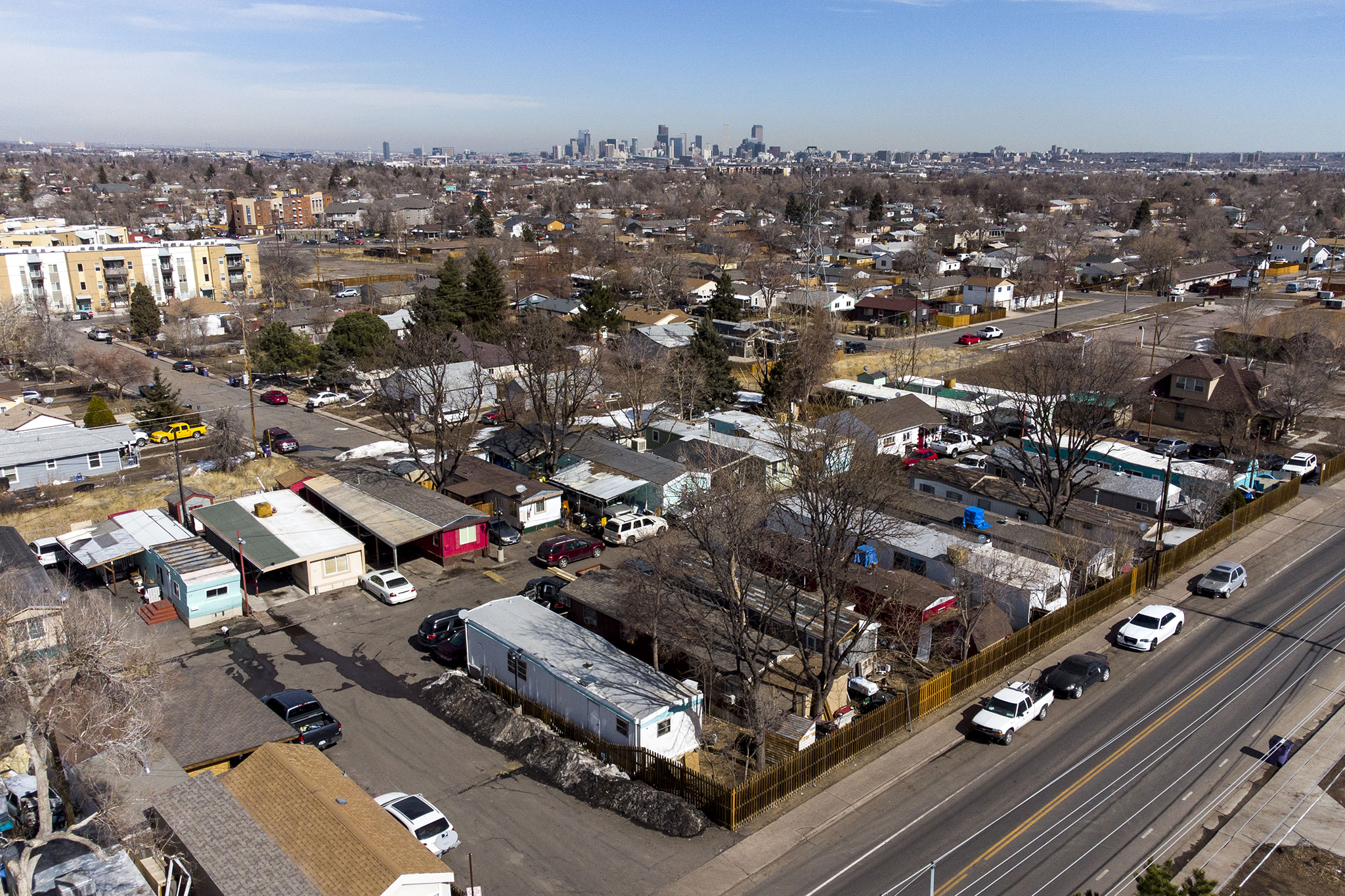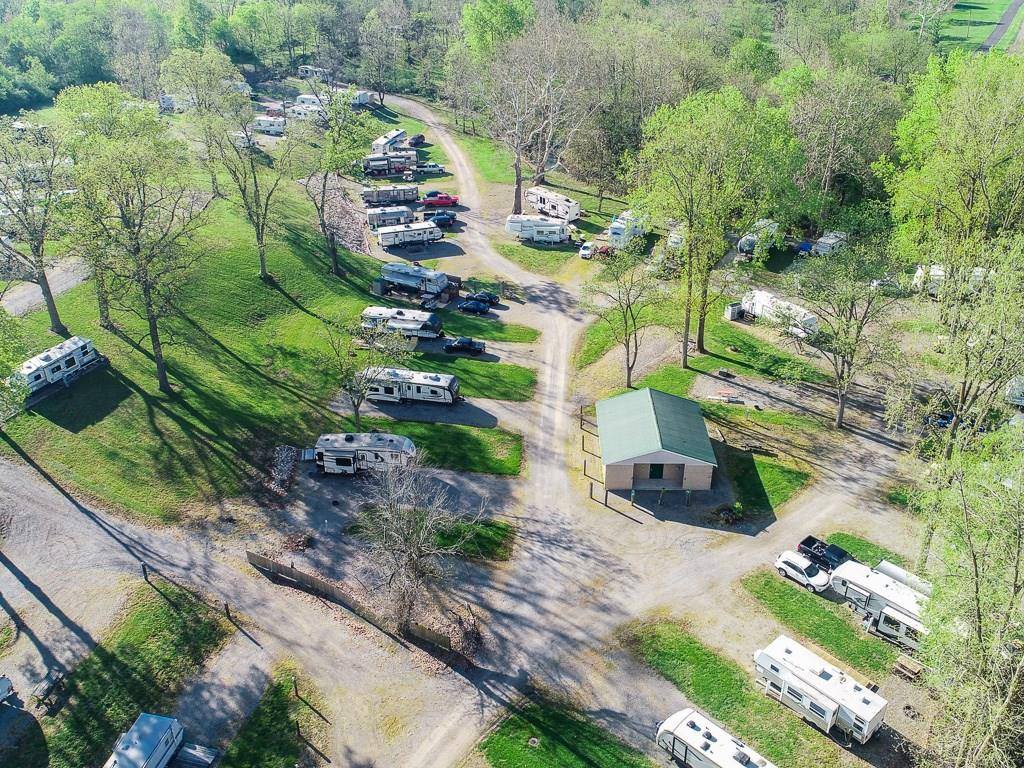Council passes moratorium to halt development of mobile home park properties
Efforts to preserve mobile home parks in Denver have officially begun, starting with a moratorium halting any development plans on park property.
The moratorium was approved by City Council on Monday and will go into effect in 2023.
Councilmember Jamie Torres, who helped spearhead the initiative, previously said the moratorium was one piece of the puzzle to protect and maintain the mobile home parks left in the city.
Mobile home parks are an affordable housing option in both the rental and homeownership markets. But in recent years, residents have become susceptible to higher risk of displacement as parks are being sold to buyers who can increase rents or mortgages and or change the land usage. Residents can’t just pick up their units and relocate, so they’re either forced to pay the higher rent or sell.
In Denver, the situation is exacerbated by the fact that mobile home parks aren’t really supposed to exist in the city. According to Denver zoning laws, new mobile home parks have not been allowed in the city since 1956. Existing parks were allowed to continue operating, but they can’t expand or add additional units to the lot. The existing units can be maintained and repaired, but can only be replaced by a unit that’s “substantially similar in construction and size.”

There are five operational mobile home parks in Denver: two in Elyria-Swansea and the rest in Westwood, Athmar Park and College View/South Platte.
Torres said the current zoning laws leave parks at a standstill, opening them up further to predatory purchasing. She, along with Councilmembers Candi CdeBaca and Jolon Clark, created a working group to figure out short-term solutions that would allow council to focus on saving existing parks and developing long-term solutions.
Part of that solution was enacting the moratorium, giving council and city planning time to come up with zoning changes.
The moratorium would prevent any development plans from being proposed or enacted on mobile home park sites from the beginning of 2023 to April 2024.
In the interim, the group is working on a text amendment that would allow residents to renovate or replace their existing units. Torres said, currently, the zoning law considers replacement or renovation of units as an expansion of the park, which is illegal. She added that some residents have been living in the same units for more than 10 years.

While the moratorium is in place, the group will also be looking into some long-term solutions, such as creating zoning for mobile home districts or creating individual zoning for each park to ensure they can be preserved.
“Bringing the moratorium was one of the ways that we could create some breathing room so that we know that parks wouldn’t turn over or redeveloped while we were trying to figure out what future policies would need to look like,” Torres previously said. “We don’t wanna keep mobile home parks in that predatory housing space. We want them to be an asset for residents and we need to create the framework that allows that to happen.”




